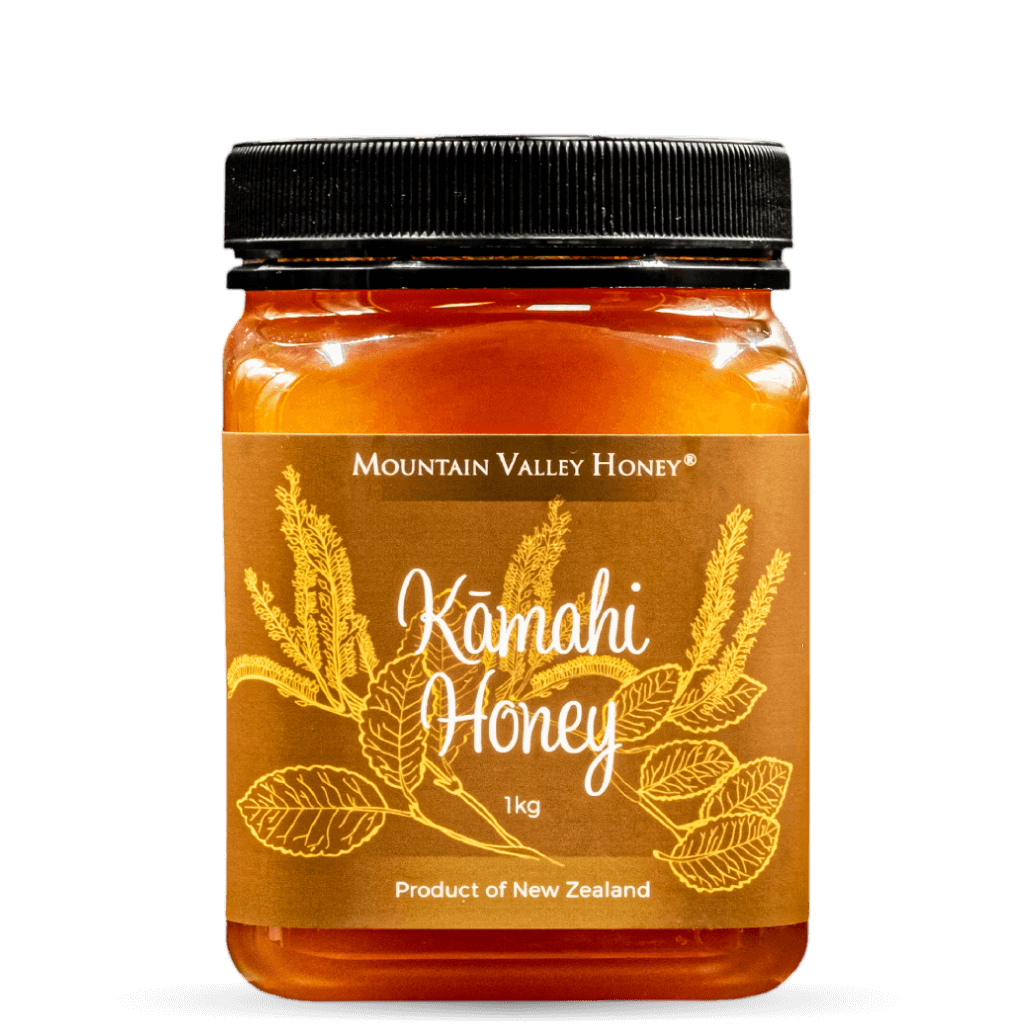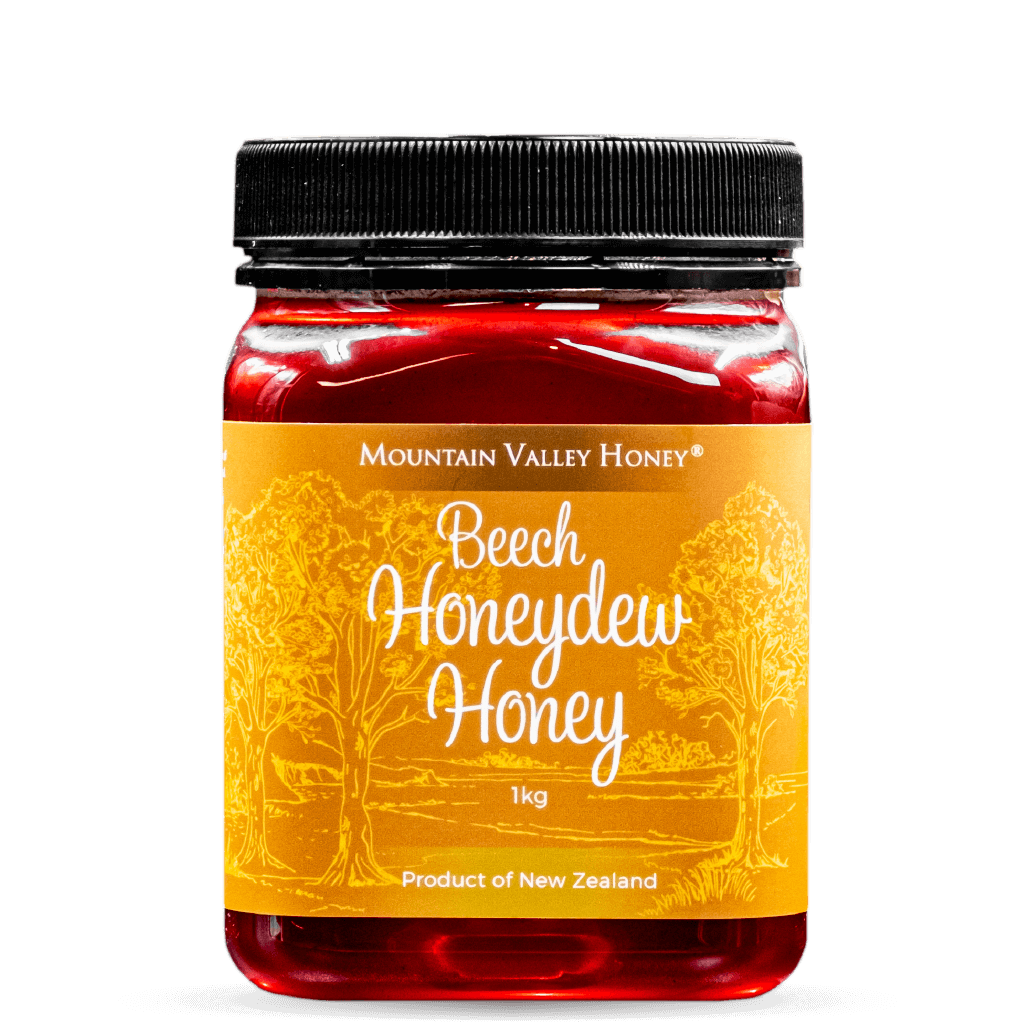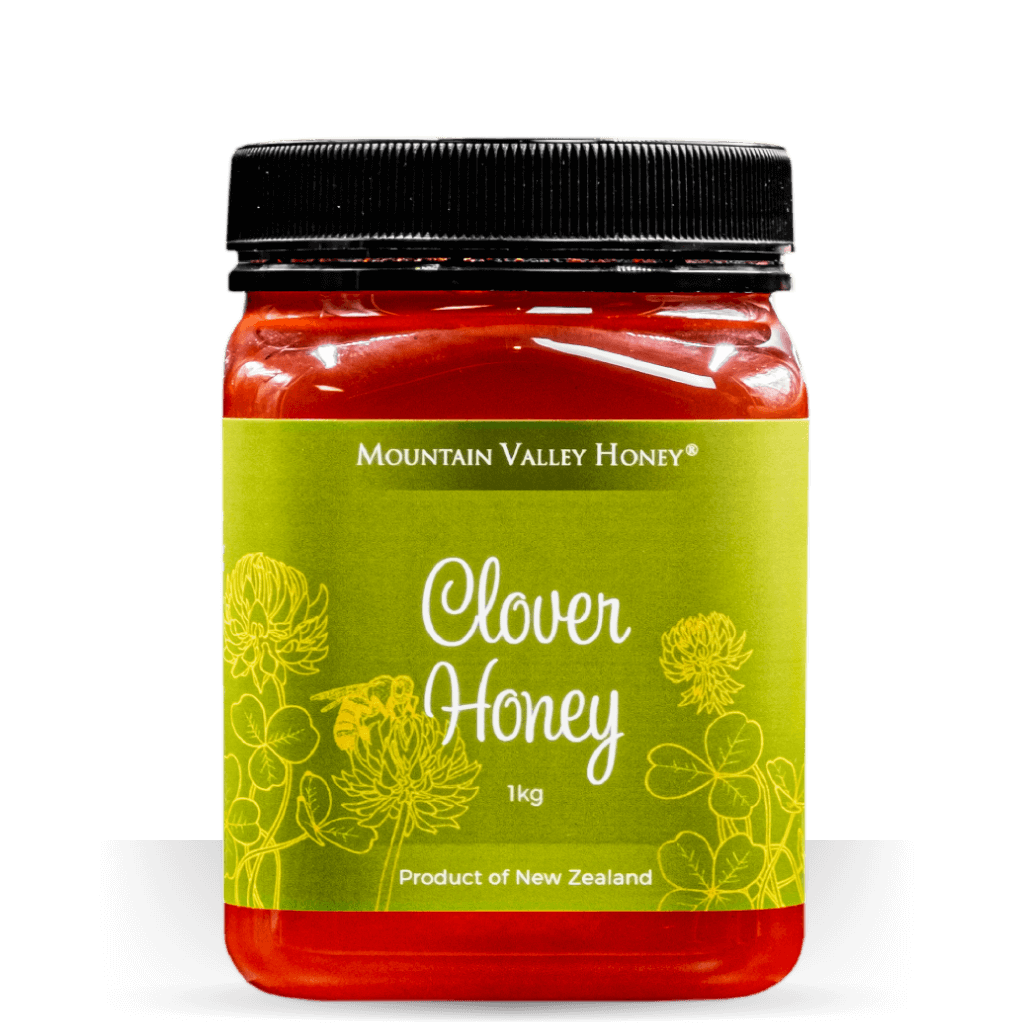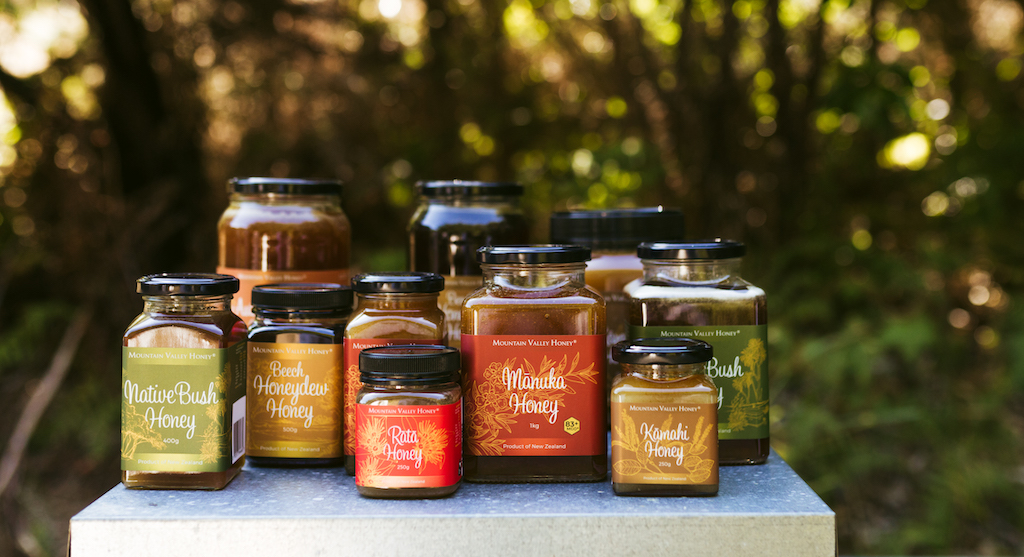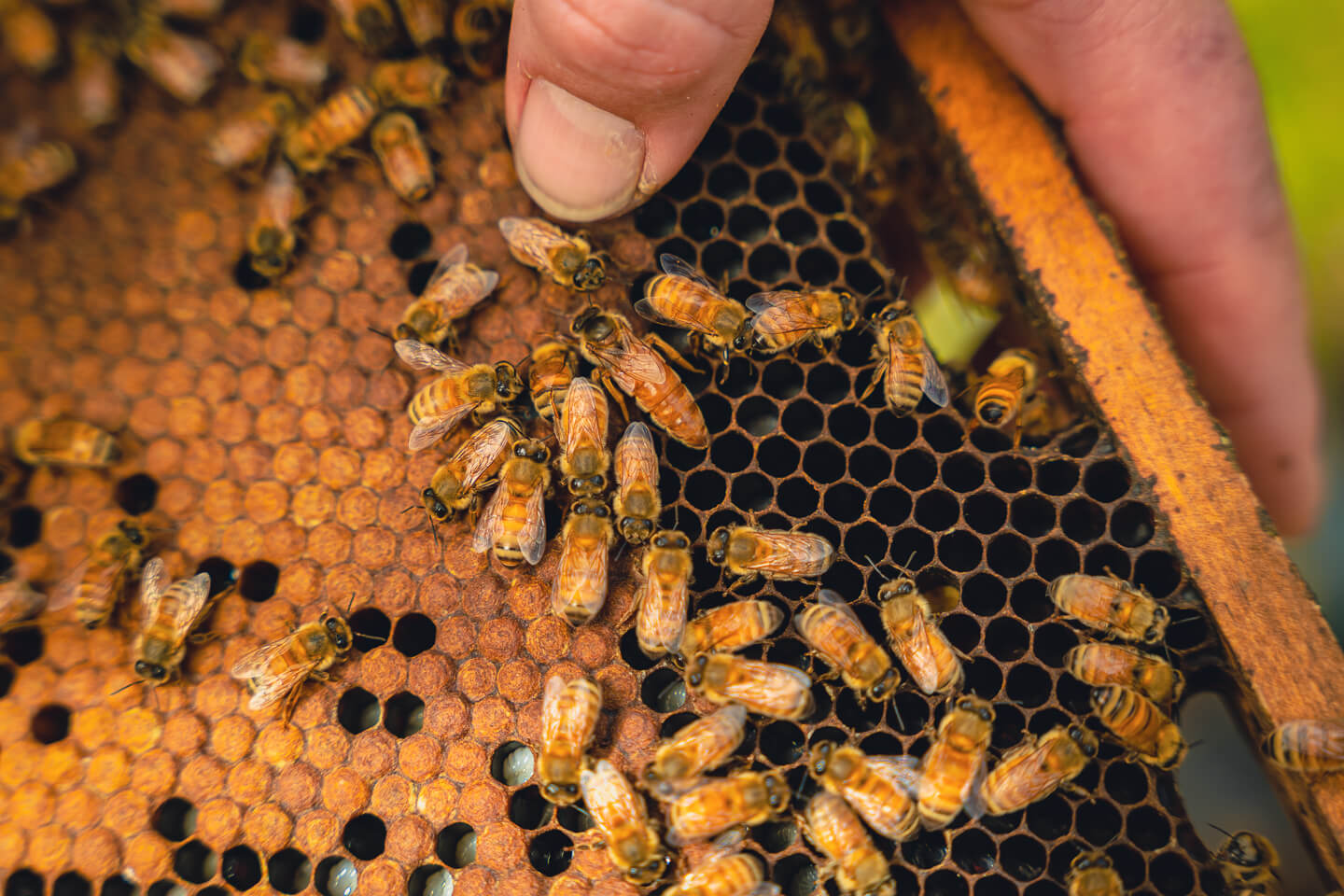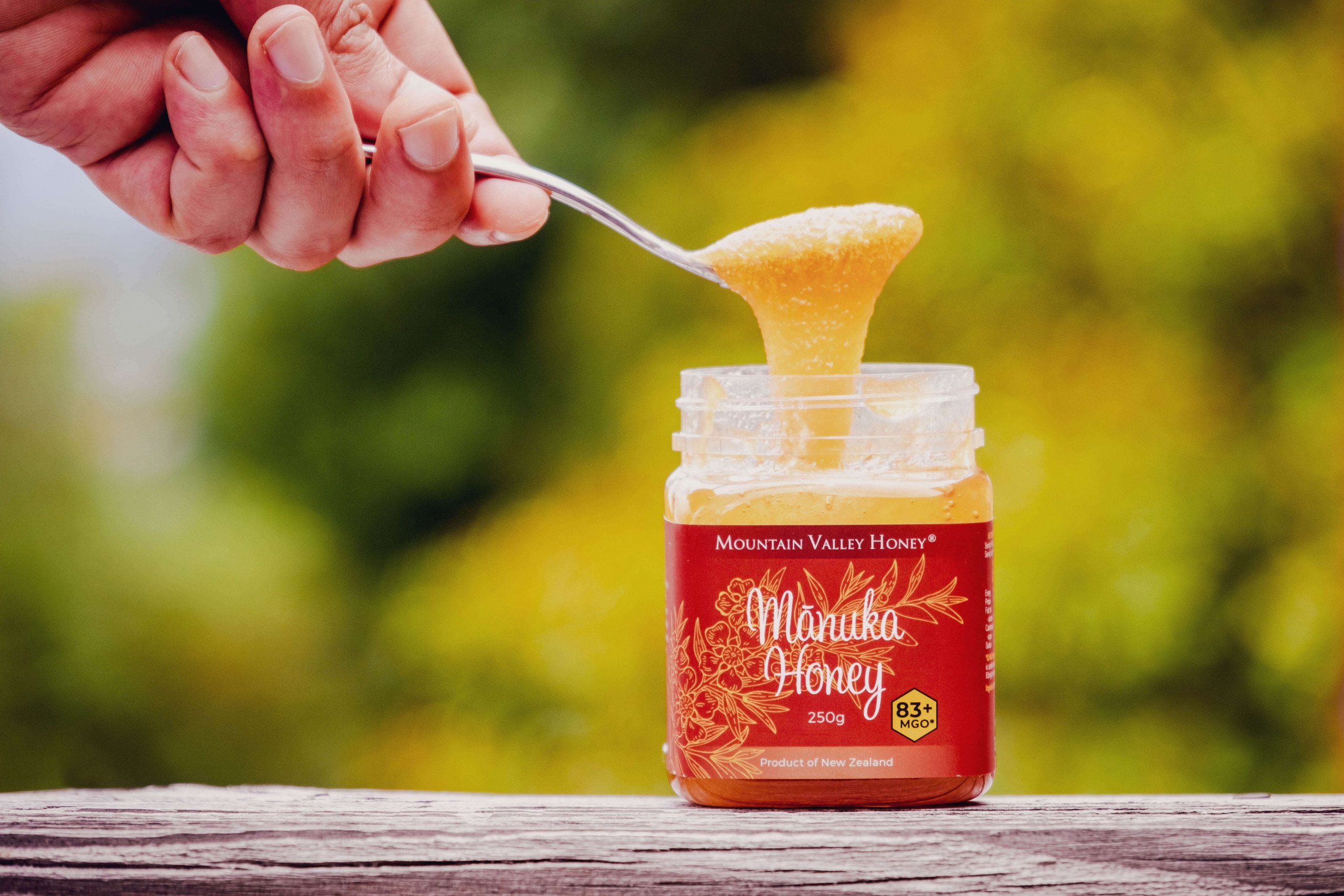Is Honey Vegan? Can Vegans eat Honey?
The question “is honey vegan” is a complicated one. This is partly because, unlike other diets such as keto or paleo, veganism is based not just on health but on a person’s ethical choices — and ethics can be complicated. Not only that, honey is not all produced in the same way. You don’t have to be vegan to be shocked by the practices of some commercial beekeepers. But there are alternatives for those wanting to buy vegan honey. This article outlines the ethical considerations of beekeeping to help answer the question: is honey vegan?
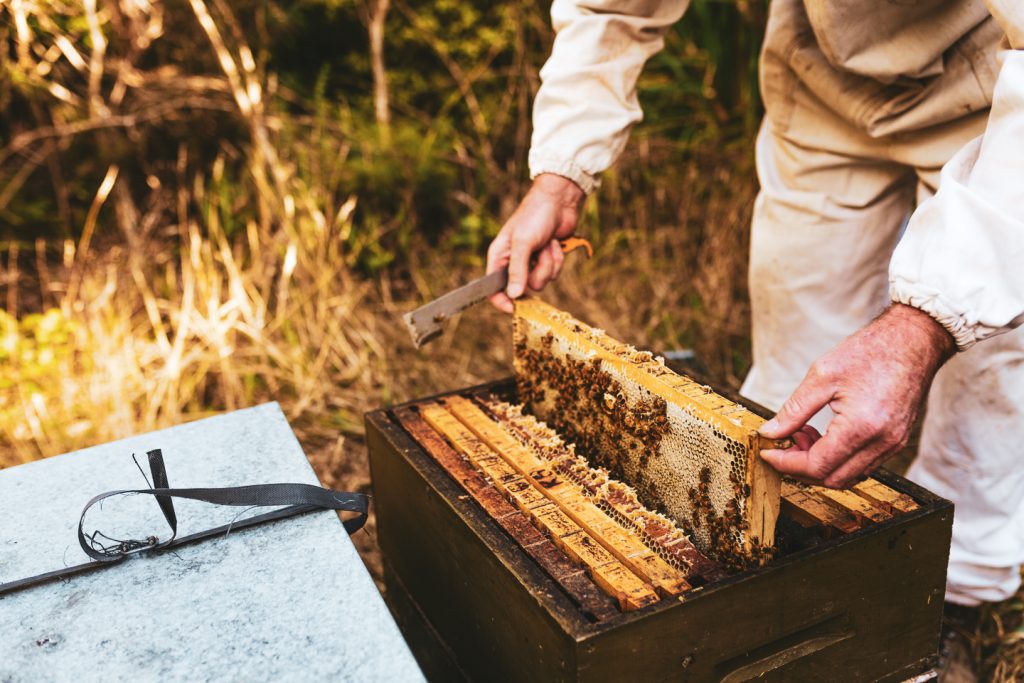
Is Honey Vegan?
To understand whether vegan honey is possible, let’s look at what it means to be vegan. Here’s The Vegan Society’s definition of veganism:
“Veganism is a philosophy and way of living which seeks to exclude—as far as is possible and practicable—all forms of exploitation of, and cruelty to, animals for food, clothing or any other purpose; and by extension, promotes the development and use of animal-free alternatives for the benefit of animals, humans and the environment. In dietary terms it denotes the practice of dispensing with all products derived wholly or partly from animals.”
If we assume that a honeybee counts as an animal, then this definition seems to say that vegan honey is impossible — because it is a product derived from bees.
However, some vegans do not have a problem eating honey. Why is this? For some people, insects do not count as animals. They argue that insects are not sentient in the same way as animals and therefore do not suffer in the same way. So according to these people, the answer to the question “can vegans eat honey,” is yes.
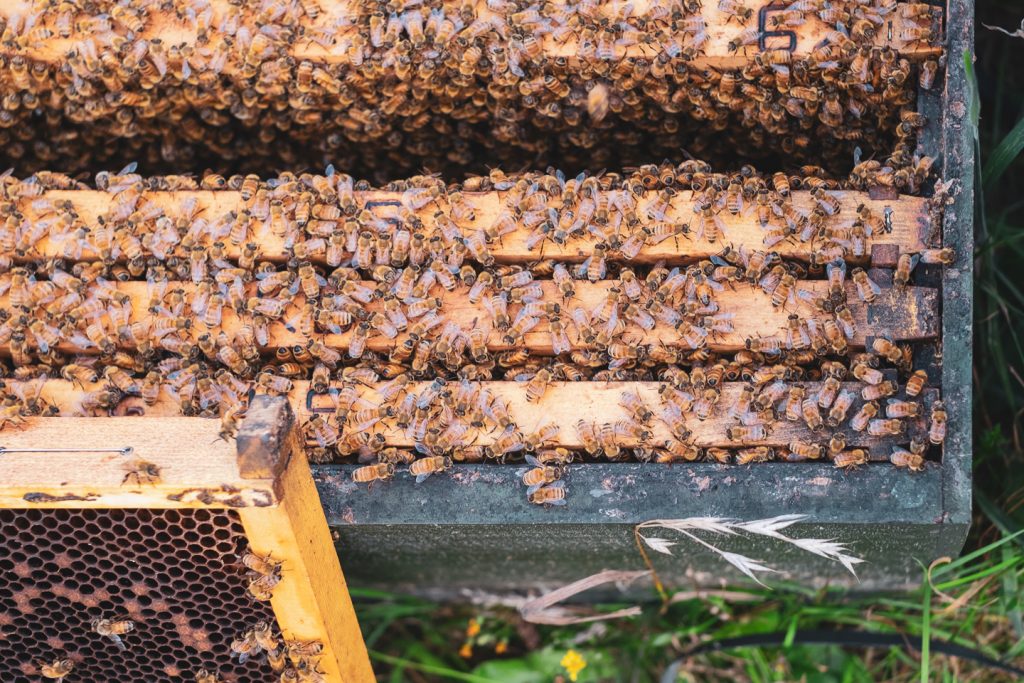
For other vegans, the test of whether to eat animal (or insect) by-products comes down to whether the animals are happy and cared for. Some vegans are perfectly happy eating eggs from chickens that are kept as cherished family pets. Arguably, many of these creatures live long and happy lives.
So why do vegans eat honey? Because of the same logic. If the bees are happy, they ask, where is the problem? Which brings us to our next complication: not all honey is the same and there are vast differences in how bees are treated.
Not all beekeepers are the same
The practices of some beekeepers would make even non-vegans think twice about eating honey. If not done right, beekeeping can be harmful for the bees, causing stress and widespread fatalities. Sometimes the queen bee is artificially inseminated and has her wings clipped or even removed. This is to prevent her from leaving the hive, which would result in a swarm and the loss of the colony.
Some large scale producers take all of the bees’ honey many times a year, swapping it for sugar syrup. This sugar syrup doesn’t have all the things that bees need to stay healthy and can damage the bees’ immune system leaving them open to disease.
Some producers kill off the colonies at the end of the summer, because it is cheaper than keeping the bees alive for the winter. These practices, and their less than gentle handling of bees, would certainly make anyone doubt whether vegan honey can exist. In this case, the answer to the question is honey vegan appears to be no.
But things are not that simple.
Not all beekeepers are the same. Some care more for their bees than others. What’s more, all plant-based diets rely on the work of bees to some degree.
Plant-based diets need honeybees
Strict vegans avoid eating honey because of the exploitation of bees. However, many vegan foods still rely on the work of bees. For example, mono-culturally grown avocados and almonds rely on bees being trucked in as pollinators. Large scale pollination can be extremely stressful to bees.
In that case, are avocados vegan? Are almonds vegan? What about almond milk? It might seem extreme but, because the bees suffer in this case, it can be argued that these avocados and almonds are not vegan.
Pollination is essential for most fruits, vegetables and nuts. Does that mean that eating vegetables exploits bees?

Ethical Beekeeping: Keeping the bees happy & healthy
The vegan diet relies on making informed ethical decisions about all food. To understand why some vegans are happy eating honey, it is helpful to look at the work of beekeepers.
Some beekeepers work in harmony with the bees to create a surplus of honey that can be shared without any harm to the bees. Honeybees produce far more honey than they need if they are well cared for. For this to happen, a number of strategies can be implemented.
Premium Locations
For this to happen, hive location is essential. Placing bees in places full of floral sources makes foraging easier for the bees. The beekeepers can then safely take the excess honey, leaving plenty of food for the bees.
Keeping the hives in remote locations protects the bees from weed killers and pesticides. Good beekeepers also monitor the health and happiness of their bees all year round. If any problems arise they act quickly choosing from a variety of responses.

Reusing Wax Frames
Sometimes, as is the case with Mountain Valley Honey, once the honey has been extracted, the frames (or stickys) are given back to the bees. That means the bees can extract the remaining honey to store for winter. Bees can also reuse the wax frames. Producing wax uses seven times the amount of nectar as producing honey, so this makes life a lot easier for the bees.
Proactive Management
Ethical beekeepers develop a symbiotic relationship with their bees. While destroying a hive may sometimes be necessary to protect the spreading of disease to other bees, proactive methods can prevent this from happening. The work of beekeepers is often intuitive, using a wide range of skills and knowledge to keep the bees happy and safe all year round.
The sign of an ethical beekeeper is their deep respect for their bees. Often this caring philosophy is echoed by their attitude towards their workers, the environment and wider communities. It may not strictly be vegan honey, but it sure is happy honey.
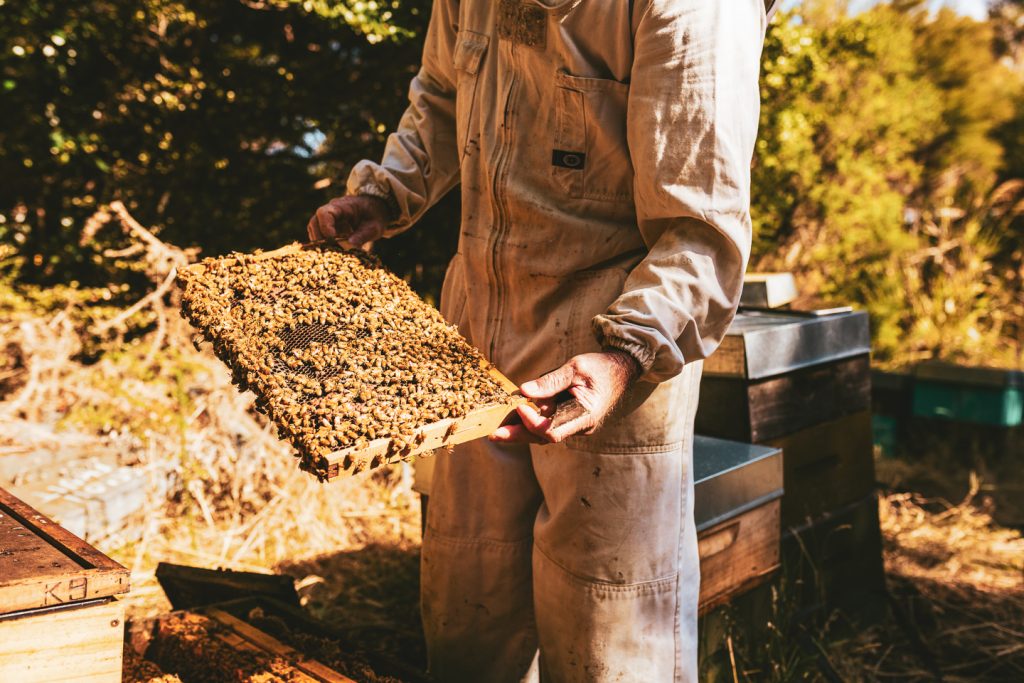
Eating honey helps to supports a plant-based diet.
There is no doubt that the numbers of honeybees would be greatly reduced if it were not for beekeepers. And less bees means less pollination. Since most of our crops rely on pollination, fewer bees would lead to lower yields and higher prices for fruit, nuts and vegetables.
Because honeybees are highly sensitive to the use of chemicals, beekeepers do important work by lobbying governments to restrict the use of harmful substances. Not only that, together with landowners, they provide chemical-free safe zones where bees and other insects can thrive.
Whether you are vegan or not, it always pays to do your homework and seek out ethical producers.
Sadly, it is impossible to root out all exploitation associated with our food choices, whether of animals or people. Vegans themselves point out that veganism cannot be entirely cruelty free. But we can all choose to make informed decisions.
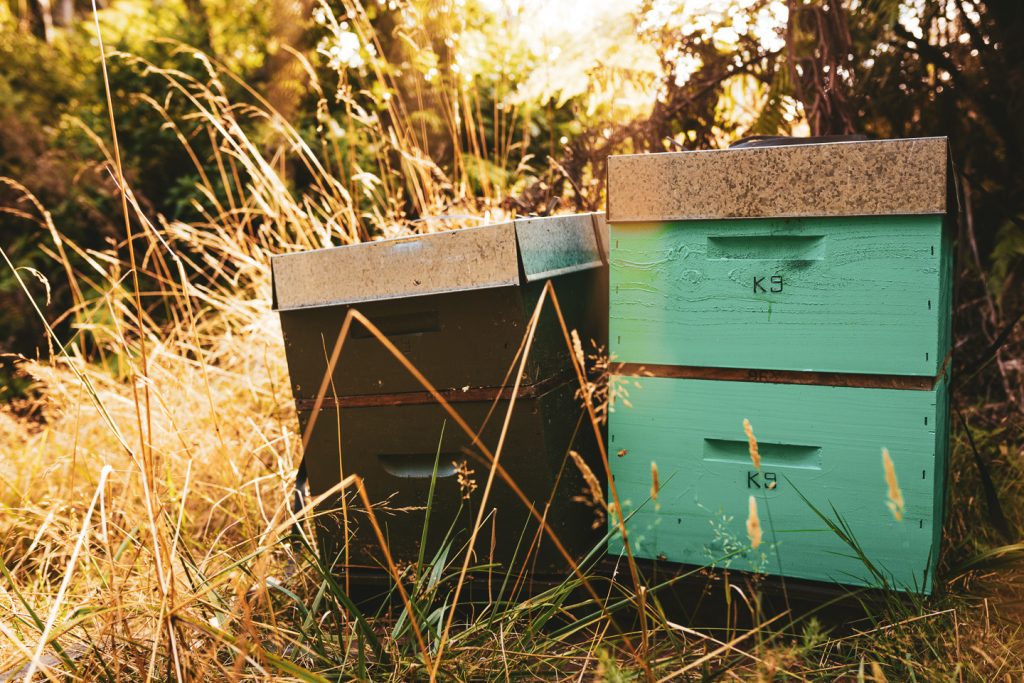
Conclusion: Is Honey Vegan?
So, is honey vegan? In the end it depends a lot on the honey, and the person asking the question. The answer depends on a range of different beliefs and values and the practises of the beekeepers producing the honey. If you are wanting to buy raw honey, make sure to do your research on the beekeepers that made it. And, if you can’t find the answers you’re looking for, reach out and ask.
